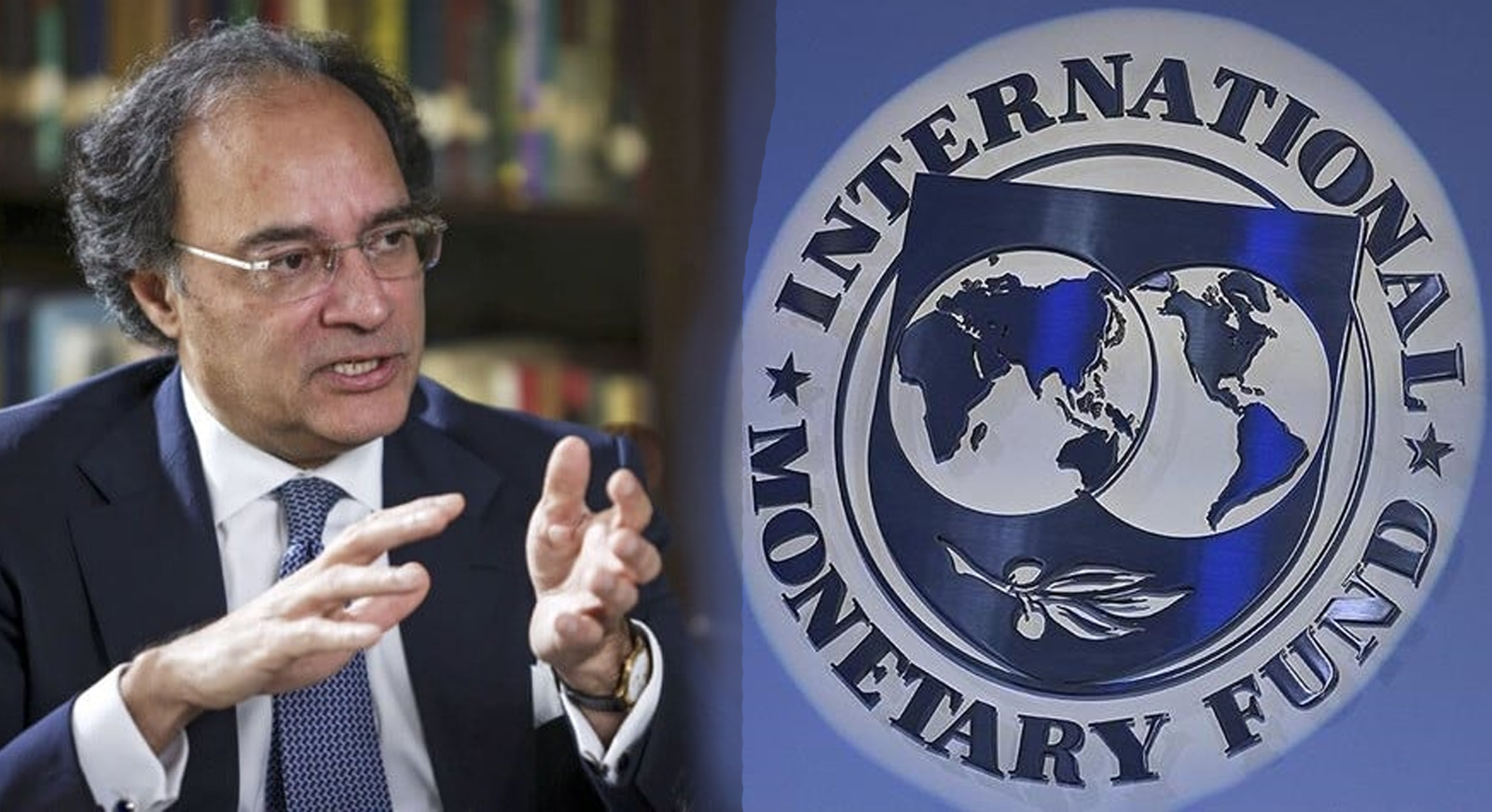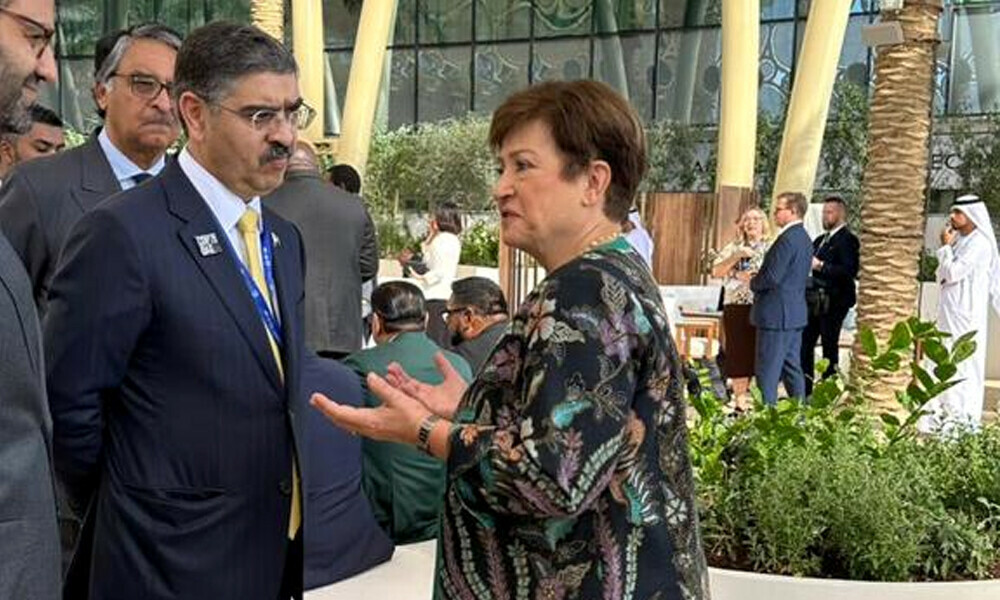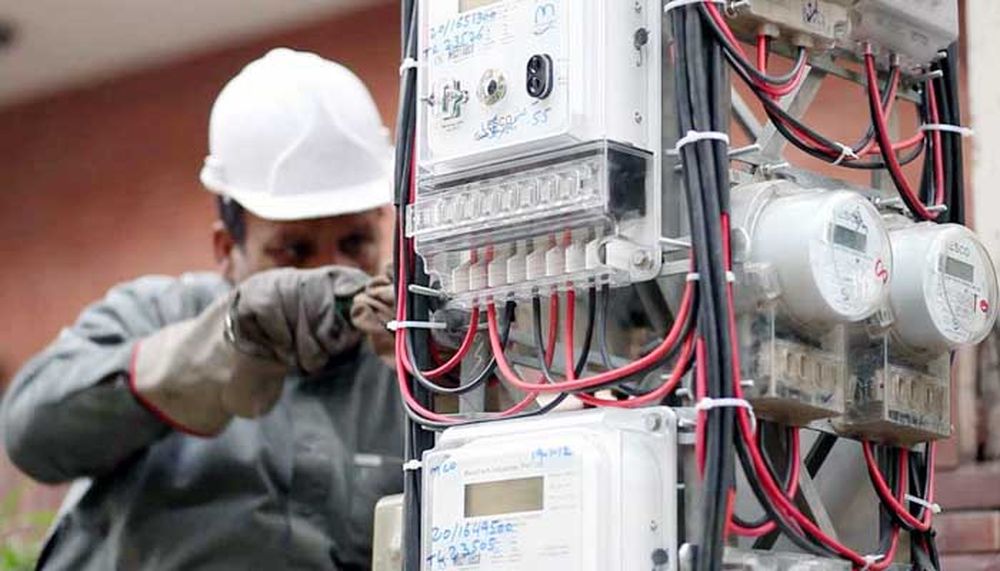PTBP Web Desk
Finance Minister Muhammad Aurangzeb expressed optimism on Monday about Pakistan’s progress toward meeting the International Monetary Fund (IMF)-assigned tax targets. Speaking on Bloomberg’s program, The Asia Trade, Aurangzeb shared that Pakistan’s tax-to-GDP ratio had increased to 10.8% in December.
“I would say that we are well on our way to achieving that target, not just because of the IMF’s requirements but because it’s essential for our fiscal stability,” Aurangzeb stated during the televised interview. He emphasized the government’s commitment to widening and deepening the tax base to create a sustainable economic framework.
In July 2023, Pakistan signed a 37-month, $7 billion Extended Fund Facility (EFF) with the IMF to support economic stability and inclusive growth. The agreement’s implementation gained momentum in September when the IMF Executive Board approved the facility, enabling Pakistan to receive its first tranche of $1.03 billion.
Aurangzeb revealed that the IMF mission for the first official review of the program is expected to visit Pakistan between mid-to-late February. The review will assess the progress on agreed reforms and set the stage for subsequent disbursements under the EFF.
Discussing macroeconomic indicators, Aurangzeb said the government is targeting a GDP growth rate of 3-3.5% for the current fiscal year, with plans to raise it to 6% within the next two to three years.
“Our focus is to fundamentally change the DNA of the economy to make it export-led,” he added. The shift toward export-driven growth aims to enhance foreign exchange reserves, reduce trade deficits, and foster long-term stability.
The finance minister expressed optimism about further upgrades to Pakistan’s credit ratings during the fiscal year. “Over the last 8-10 months, we’ve seen credit rating upgrades from all three major agencies,” he noted. However, he highlighted the need to regain a single B category rating to re-enter the international capital markets.
Aurangzeb also emphasized Pakistan’s ambition to tap into Panda bonds and the Chinese capital market. “We’ve been remiss as a country for not leveraging this avenue earlier,” he said.
To facilitate this, China International Capital Corporation Limited (CICC) has been appointed as an advisor. Pakistan is preparing to launch Panda bonds within the next six to nine months, aiming to raise $200-250 million from the inaugural issue.
Aurangzeb further mentioned plans to adopt elements of the Egyptian model to secure credit enhancement, which would bolster investor confidence and attract greater inflows.
Aurangzeb is currently in Hong Kong to attend the 18th Asian Financial Forum (AFF), a prominent platform for Asia’s finance and business leaders to discuss global economic challenges.
During his visit, the finance minister is scheduled to meet senior officials from key Asian financial institutions. These interactions aim to strengthen economic ties, foster collaborations, and attract investments into Pakistan. Aurangzeb will also meet with influential members of the Pakistani community residing in Hong Kong.
Aurangzeb reiterated the government’s dedication to implementing fiscal reforms, ensuring sustainable economic growth, and meeting international commitments. He highlighted that Pakistan’s progress in meeting tax targets and increasing the tax-to-GDP ratio is a crucial step toward long-term fiscal health.
Additionally, efforts to tap into new financial markets, such as the Panda bonds, signify the government’s proactive approach to diversifying funding sources and enhancing economic resilience.




